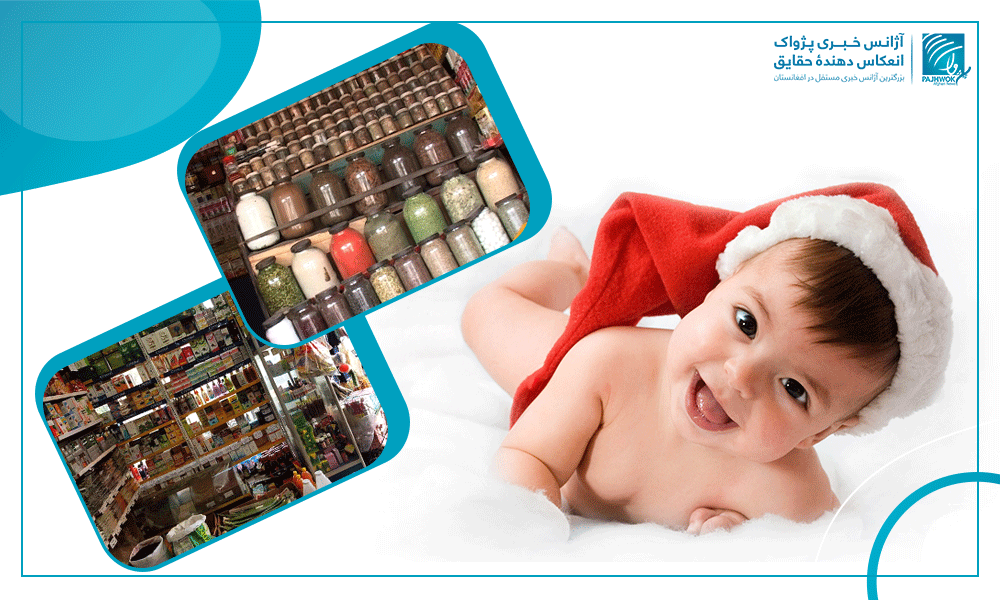KABUL (Pajhwok): A number of infertile women say their families instead of taking them to specialist doctor for treatment give them herbals while doctors insist . . .
You need to subscribe to view the full article. Please login or register a new account.






GET IN TOUCH
NEWSLETTER
SUGGEST A STORY
PAJHWOK MOBILE APP